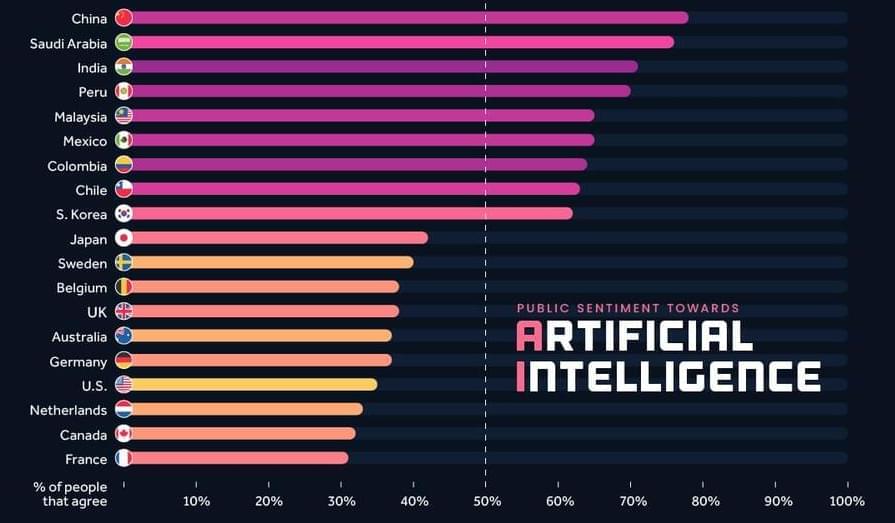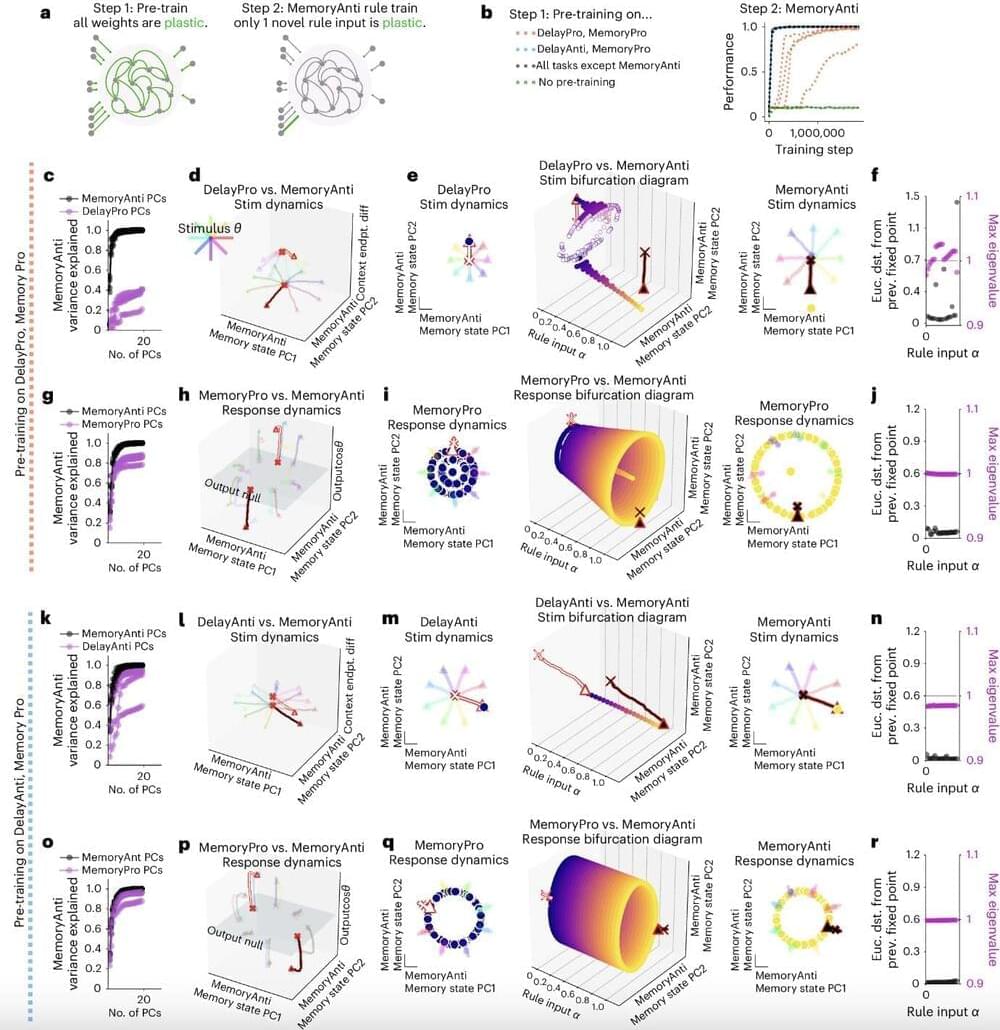Join us on Patreon! https://www.patreon.com/MichaelLustgartenPhDDiscount Links/Affiliates: Blood testing (where I get my labs): https://www.ultalabtests.com/…
Get the latest international news and world events from around the world.




Harvard Scientists Discover Quantum Order in Chemical Chaos
Harvard researchers have shown that quantum coherence can survive chemical reactions at ultracold temperatures. Using advanced techniques, they demonstrated this with 40K87Rb bialkali molecules, suggesting potential applications in quantum information science and broader implications for understanding chemical reactions.
Zoom in on a chemical reaction to the quantum level and you’ll notice that particles behave like waves that can ripple and collide. Scientists have long sought to understand quantum coherence, the ability of particles to maintain phase relationships and exist in multiple states simultaneously; this is akin to all parts of a wave being synchronized. It has been an open question whether quantum coherence can persist through a chemical reaction where bonds dynamically break and form.
Now, for the first time, a team of Harvard scientists has demonstrated the survival of quantum coherence in a chemical reaction involving ultracold molecules. These findings highlight the potential of harnessing chemical reactions for future applications in quantum information science.

Flexible multi-task computation in recurrent neural networks relies on dynamical motifs, study shows
Cognitive flexibility, the ability to rapidly switch between different thoughts and mental concepts, is a highly advantageous human capability. This salient capability supports multi-tasking, the rapid acquisition of new skills and the adaptation to new situations.
While artificial intelligence (AI) systems have become increasingly advanced over the past few decades, they currently do not exhibit the same flexibility as humans in learning new skills and switching between tasks. A better understanding of how biological neural circuits support cognitive flexibility, particularly how they support multi-tasking, could inform future efforts aimed at developing more flexible AI.
Recently, some computer scientists and neuroscientists have been studying neural computations using artificial neural networks. Most of these networks, however, were generally trained to tackle specific tasks individually as opposed to multiple tasks.

Blind cavefish have extraordinary taste buds
UC biologist Joshua Gross studies blind cavefish, a species of fish that dwell in cave ponds in Mexico. In a study, supported by the National Science Foundation, Gross looked at the timeline for when the cavefish develop additional taste buds on the head and chin, finding the taste bud expansion starts at five months and continues into adulthood.
Nanomedicine pioneers awarded the Kavli Prize
The 2024 Kavli Prize in Nanoscience is awarded to three nanomedicine pioneers who laid the foundation of controlled release, biomedical imaging and diagnostics.
Fully 3D-printed shape memory mini-actuators can move small soft robots
Researchers from North Carolina State University have demonstrated miniature soft hydraulic actuators that can be used to control the deformation and motion of soft robots that are less than a millimeter thick. The researchers have also demonstrated that this technique works with shape memory materials, allowing users to repeatedly lock the soft robots into a desired shape and return to the original shape as needed.
“Soft robotics holds promise for many applications, but it is challenging to design the actuators that drive the motion of soft robots on a small scale,” says Jie Yin, corresponding author of a paper on the work (Advanced Materials, “Fully 3D-Printed Miniature Soft Hydraulic Actuators with Shape Memory Effect for Morphing and Manipulation”) and an associate professor of mechanical and aerospace engineering at NC State. “Our approach makes use of commercially available multi-material 3D printing technologies and shape memory polymers to create soft actuators on a microscale that allow us to control very small soft robots, which allows for exceptional control and delicacy.”
The new technique relies on creating soft robots that consist of two layers. The first layer is a flexible polymer that is created using 3D printing technologies and incorporates a pattern of microfluidic channels – essentially very small tubes running through the material. The second layer is a flexible shape memory polymer. Altogether, the soft robot is only 0.8 millimeters thick.
Animal brain inspired AI game changer for autonomous robots
A team of researchers at Delft University of Technology has developed a drone that flies autonomously using neuromorphic image processing and control based on the workings of animal brains. Animal brains use less data and energy compared to current deep neural networks running on GPUs (graphic chips). Neuromorphic processors are therefore very suitable for small drones because they don’t need heavy and large hardware and batteries.
The results are extraordinary: during flight the drone’s deep neural network processes data up to 64 times faster and consumes three times less energy than when running on a GPU. Further developments of this technology may enable the leap for drones to become as small, agile, and smart as flying insects or birds.
Photo of the “neuromorphic drone” flying over a flower pattern. It illustrates the visual inputs the drone receives from the neuromorphic camera in the corners. Red indicates pixels getting darker, green indicates pixels getting brighter. (Image: TU Delft)